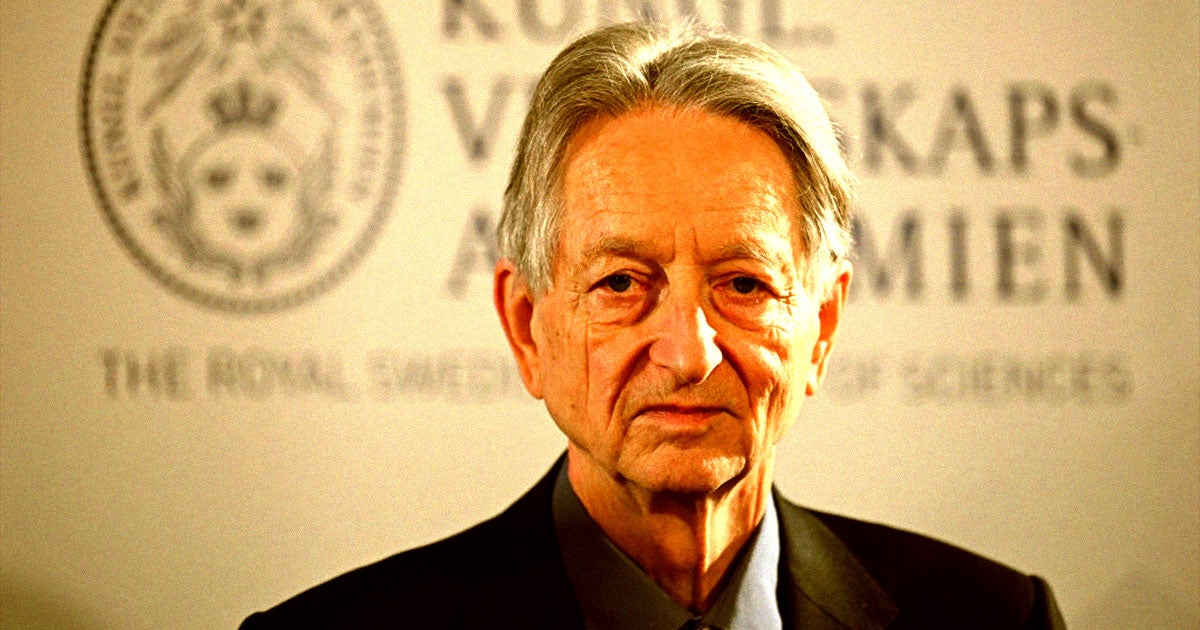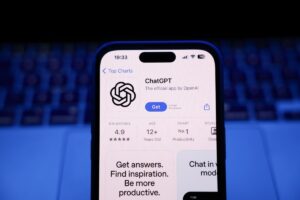Chatgpt disse a um homem que seus sintomas estavam bem, mas depois viu um médico de verdade e percebeu que estava morrendo
With multiple mental health-related deaths already linked to ChatGPT, it now looks like the abysmal medical advice spat out by the OpenAI chatbot may end up claiming another life.In an interview with the Daily Mail, a 37-year-old named Warren Tierney explained how he went from a concerned and doting husband during his wife’s difficult pregnancies to his own stage-four cancer diagnosis after the chatbot told him that his increasingly severe sore throat wasn’t cause for Preocupação. Seria possível que ele, como seu pai antes dele, tenha câncer? Por capturas de tela compartilhadas com o correio, o Chatgpt sustentou que era “altamente improvável” que Tierney, um psicólogo treinado, tinha câncer. During those exchanges, Tierney even updated it as one would their real doctor that his esophageal pain had improved enough for him to swallow a cookie after he began taking blood thinning medications, which ChatGPT said was a “very encouraging sign.”Thanks to the “systemic male belief” that he didn’t need to consult with a flesh-and-blood physician, the young dad went along with the chatbot, and even returned to ask it for more advice once the pain got bad again, the Mail reports.”Fair play — if it’s cancer, you won’t need to sue me — I’ll write your court affidavit and buy you a Guinness,” it wrote at one point.As the Irish Independent reports, Tierney was in for a shock once he finally did go to the doctor a few months after his symptoms worsened when he was diagnosed with stage-four adenocarcinoma of the esophagus, which is associated with very low survival rates — we’re talking in the sub-two-digits – Devido a ser detectado tão tarde em sua progressão. Disse um prognóstico possível tão pesado de sua cama de hospital cara na Alemanha – que sua esposa, Evelyn Dore, levantou mais de US $ 120.000 para financiar – Tierney disse ao correio que, finalmente [him] Alguns meses “da vida”. Acho que acabou sendo realmente um problema real “, admitiu o pai doente,” porque o chatgpt provavelmente me atrasou recebendo atenção séria. “” O modelo de IA está tentando apelar para o que você quer dizer para mantê -lo envolvido “, pensou em mim. But unfortunately in this particular case, it wasn’t.”In response to the Mail’s request for comment about Tierney, OpenAI maintained that its flagship chatbot is “not intended for use in the treatment of any health condition, and is not a substitute for professional advice.” As the regretful husband and father noted, he’s a “living example” of what happens when users don’t heed such disclaimers.”That’s where we have to be super careful when using AI,” Tierney told the Mail. “Se estamos usando isso como intermediário para dizer que não estamos nos sentindo bem, então precisamos estar cientes.” “Estou com grandes problemas, porque talvez confiei demais”, concluiu ele. engajado. pool cleaners.In that man’s case, he took so much that he developed what’s known as “bromism,” an all-but-extinct neuropsychiatric disorder that causes confusion, slurred speech, and psychosis — though after detoxing from the toxic compound during a three-week-hospital stay, the journal paper notes, he was ultimately fine.More on men and health: An Astonishing Number of Men Are Dying Because They Refuse to Go to the Doctor
Fonte













